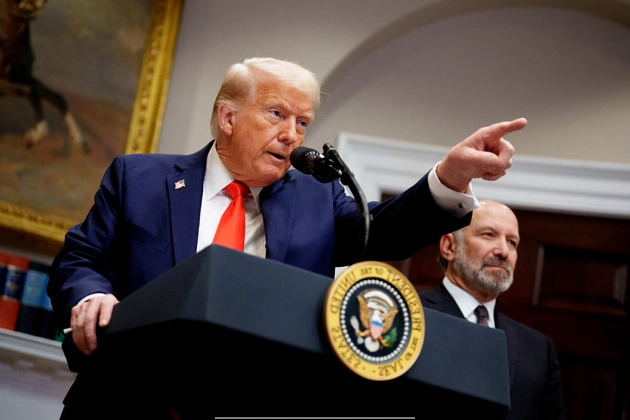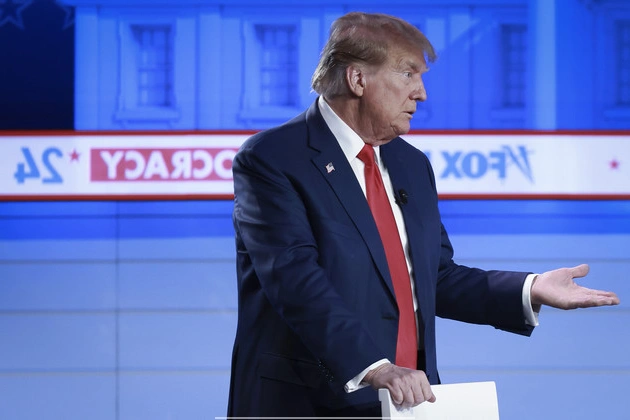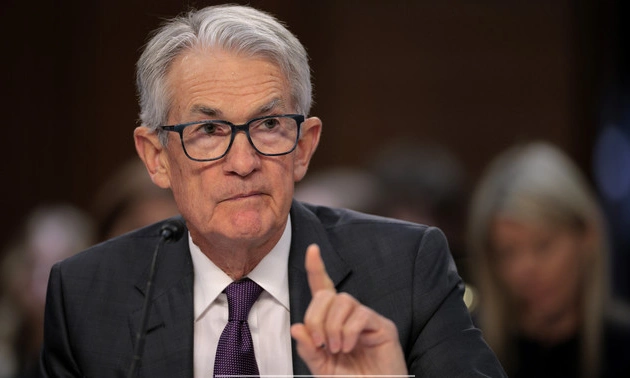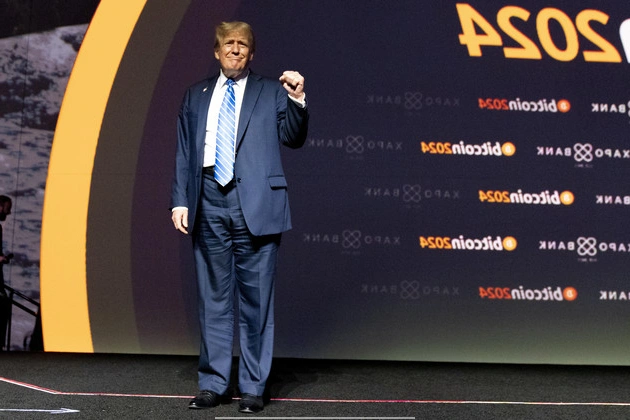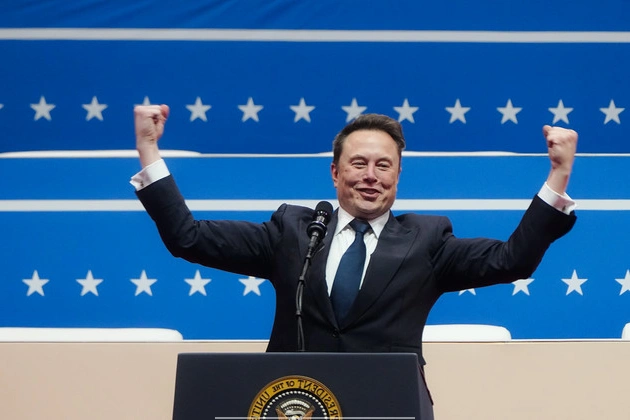
The Trump administration has approved plans to grant Treasury officials affiliated with Elon Musk’s team access to the federal system that handles trillions of dollars in payments, according to two people familiar with the situation.
Treasury Secretary Scott Bessent has signed off on a plan to give access to the payment system to a team led by Tom Krause, the CEO of Cloud Software Group, who is now working for the Treasury Department and serves as a liaison to Musk’s DOGE group that operates out of the United States Digital Service. One person familiar with the effort said Krause’s role will be subject to safeguards that would not allow any ability to make changes to the system and that no one outside Treasury would have access.
There has been an internal struggle within Treasury over how much access Musk and his allies should have to the sensitive system, which is critical to payments disbursed by the federal government to tens of millions of Americans each year. The Trump administration has already sought to freeze funds to previously approved programs it disfavors, alarming top Democrats who say those efforts represent an unprecedented seizure of power.
David Lebryk, the longtime career official who oversaw Treasury’s vast financing and payments operations, suddenly resigned on Friday after clashing with Trump officials over granting access to the payments system, which contains details about the people who receive government payments. The system controls payments to Social Security recipients, people entitled to tax refunds, organizations receiving grants, as well as payments to federal workers and government contractors.
A Treasury Department spokesperson did not respond to a request for comment. Neither did a White House spokesperson for Musk’s DOGE group.
Confusion over who will be granted access to Treasury’s payments rails — as well as whether their responsibilities could allow them to cut off payments — has opened a new front in the political fight over Musk’s Department of Government Efficiency. Another person familiar with the situation said Treasury officials were extremely displeased with the situation.
Musk suggested on Saturday that his government efficiency group’s effort to gain greater control over Treasury’s payments to Americans was about rooting out fraud or illicit payments.
“The @DOGE team discovered, among other things, that payment approval officers at Treasury were instructed always to approve payments, even to known fraudulent or terrorist groups,” Musk wrote. “They literally never denied a payment in their entire career. Not even once.”
Musk did not offer any evidence for his claim that Treasury instructed employees to approve payments to known fraudulent or terrorist groups.
The Bureau of Fiscal Service, which operates Treasury’s payment system, has a payments integrity office tasked with identifying, preventing and recovering fraud and improper payments. According to Treasury, those efforts have prevented improper payments totaling nearly $155 million and have aided in the recovery of nearly $350 million.
“BFS is studiously apolitical,” said Lily Batchelder, who served as a Treasury secretary for tax policy during the Biden administration. “It is deeply concerning that political appointees in the White House would be attempting to interfere with people’s Social Security benefits and tax refunds.”
Democrats have criticized efforts by Trump political appointees and Musk’s DOGE to assert more control over a federal payments system that has long been run by nonpolitical career employees.
“To put it bluntly, these payment systems simply cannot fail, and any politically motivated meddling in them risks severe damage to our country and the economy,” Sen. Ron Wyden, the ranking Democrat on the Senate Finance Committee, wrote to Bessent on Friday evening. The Oregon Democrat on Saturday raised alarms about the possibility that Musk’s allies would be in a position to gain information that could aid the billionaire’s vast business empire.
Sen. Elizabeth Warren, the top Democrat on the Senate Banking Committee, similarly called for a congressional investigation.
The federal government has safeguards that are meant to prevent incorrect payments. For example, a Do Not Pay portal allows agencies to verify whether a recipient is dead, blacklisted from government contracting, sanctioned, incarcerated or otherwise ineligible.
During the Biden administration, Treasury touted new efforts to use artificial intelligence to detect fraud and improper payments. Treasury said in October that the effort had prevented and recovered more than $4 billion in the 2024 fiscal year.
Yet improper payments in federal programs have been a perennial problem that has long drawn the concern of government watchdogs and congressional lawmakers. Improper payments across the government spiked in recent years when Congress approved massive new relief programs to help Americans during the Covid-19 pandemic.
The Government Accountability Office estimated last year that the federal government could be losing between $233 billion and $521 billion each year due to fraud.
Federal agencies reported $236 billion in improper payments in the 2024 fiscal year. The bulk came from Medicare, Medicaid, unemployment insurance, pandemic relief loans to small businesses, Treasury’s earned income tax credit and Social Security payments.







